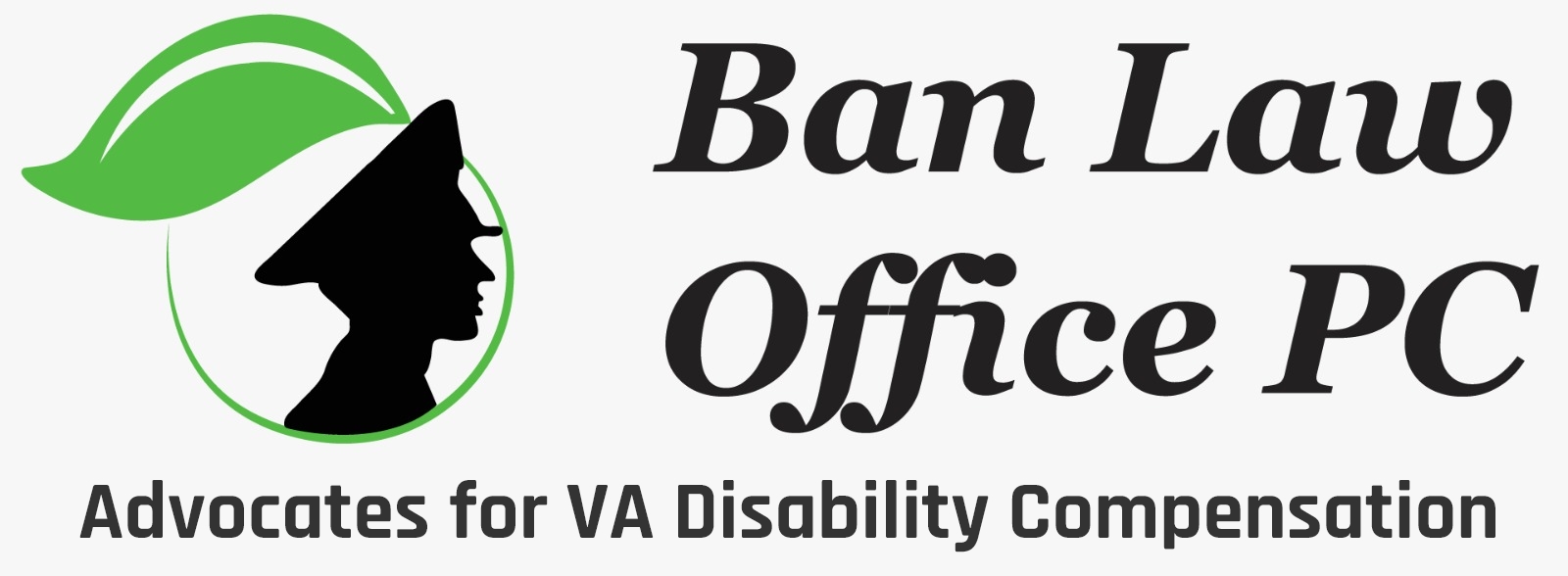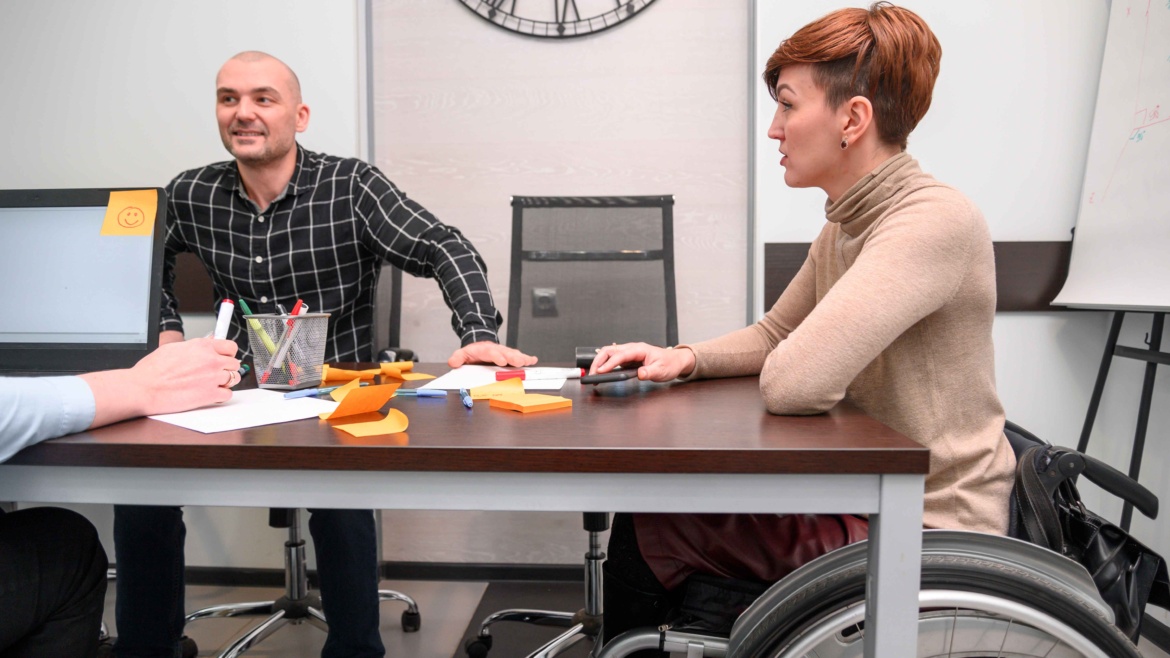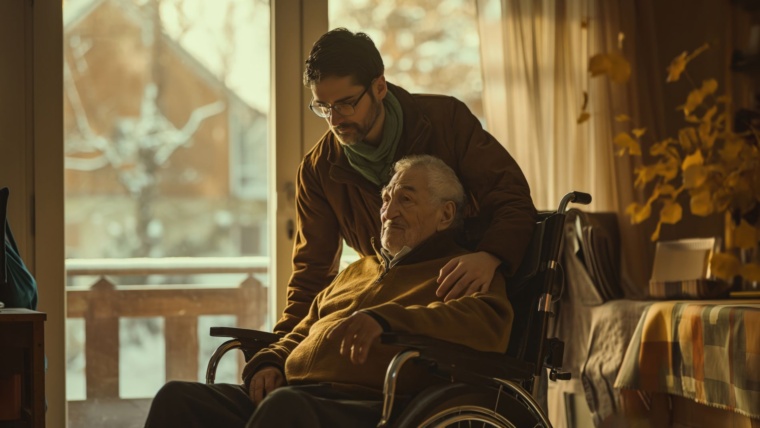Navigating the VA benefits process can be complex and frustrating, especially if your initial claim for benefits has been denied. Veterans often face roadblocks, misunderstandings, and bureaucratic red tape that complicate their efforts to receive compensation. Fortunately, a skilled disability lawyer can turn your case around and help you receive the benefits you deserve. Here’s how expert legal representation can be the key to overcoming a denial and ensuring that your service-related disabilities are acknowledged.
Understanding VA Benefit Denials
It’s essential to understand that many claims are denied not because the veteran doesn’t qualify, but due to missing documentation, incomplete forms, or misinterpretation of medical records. If you’ve been denied benefits, it’s not the end of the road. The VA’s decision is not final, and appealing the denial can offer you a second chance.
A denial letter will generally outline the reasons for the rejection, whether it’s due to lack of service connection or insufficient evidence. If this sounds familiar, consulting with a lawyer experienced in VA disability claims can provide clarity and guide you through the appeal process.
Why a Disability Lawyer Can Make a Difference
A VA disability lawyer understands the intricacies of the VA claims system, from gathering the right medical evidence to presenting a compelling case. Here’s how they can turn things in your favor:
1. Thorough Review of Your Claims File
One of the first things a disability lawyer will do is review your VA claims file. This includes assessing both current and past claims to identify any overlooked issues. Many times, veterans don’t realize they’re entitled to additional benefits or earlier effective dates that could significantly increase their compensation. Your attorney will make sure nothing is left on the table.
2. Building Strong Medical Evidence
A successful appeal hinges on solid evidence that proves your condition is related to your military service. A skilled lawyer will work with medical experts to gather the necessary documentation, which may include medical opinions, diagnoses, and supporting lay evidence. This process is critical because one missing medical record or incorrect terminology can result in a denial.
3. Correcting Application Errors
It’s not uncommon for veterans to make minor mistakes when filing claims, such as submitting incomplete forms or failing to meet deadlines. Your attorney will handle these procedural details to ensure that the claim is presented properly to the VA. By fixing these errors, your chances of approval increase significantly.
4. Filing an Effective Appeal
Appealing a denied VA benefits claim is a specialized process. An experienced VA lawyer knows how to file effective appeals, including preparing and submitting detailed documentation, writing persuasive arguments, and navigating the various stages of appeal—from the Board of Veterans’ Appeals to the Court of Appeals for Veterans Claims. Having an attorney who understands the appeal process can save you time and stress, while dramatically improving your chances of success.
5. Representation in Hearings
If your appeal goes to a hearing, a disability lawyer will represent you before the Board of Veterans’ Appeals. Their job is to argue your case effectively, ensuring the VA understands the full extent of your service-related injuries. With expert representation, the VA will have to address every piece of evidence your lawyer presents, leaving no room for oversight.
The Appeal Process: A Path to Victory
If your benefits have been denied, you have the right to appeal the decision. The appeals process has several stages, including:
- Notice of Disagreement (NOD): This is the first step in the appeal process where you indicate that you disagree with the VA’s decision.
- Statement of the Case (SOC): The VA will issue a SOC explaining the reasons for the denial and summarizing the evidence. Your lawyer can help you address any inaccuracies.
- Board of Veterans’ Appeals: If your case isn’t resolved at the Regional Office level, your appeal will be forwarded to the Board of Veterans’ Appeals, where a judge will review your claim.
- Court of Appeals for Veterans Claims: If the Board denies your appeal, you can take your case to the next level. With the help of a skilled attorney, you can continue to fight for the benefits you deserve.
How to Choose the Right Lawyer for Your VA Appeal
Choosing the right VA disability lawyer can make a significant difference in your case. Look for an attorney with experience in veterans’ law, a history of handling appeals, and a thorough understanding of the VA claims process. You want someone who will prioritize your case and develop a personalized strategy based on your unique circumstances.
At Ban Law Office PC, we specialize in handling Veterans Appeals for Compensation. Whether you’re facing a physical or mental disability claim, our team is dedicated to helping you win your case. We work on a contingent fee basis, meaning there are no attorney fees unless we win your case.
Don’t Give Up on Your Benefits
Being denied VA benefits can feel discouraging, but you don’t have to face this fight alone. With the right legal support, you can appeal the decision and secure the compensation you are entitled to as a veteran. If your claim has been denied, reach out to Ban Law Office PC for a consultation. We’re here to represent veterans nationwide, ensuring that their rights are protected every step of the way.
If you’ve been denied VA benefits, let us help you get the compensation you deserve. Contact Ban Law Office PC today at Ban Law Office PC or call (801) 532-2447 to schedule your consultation.




